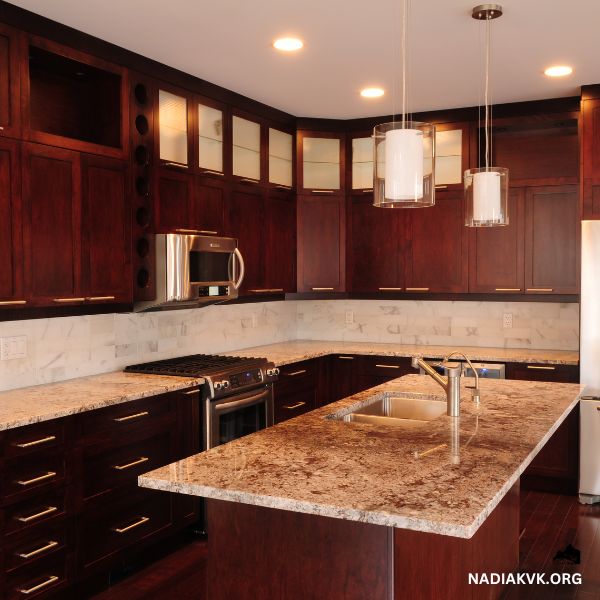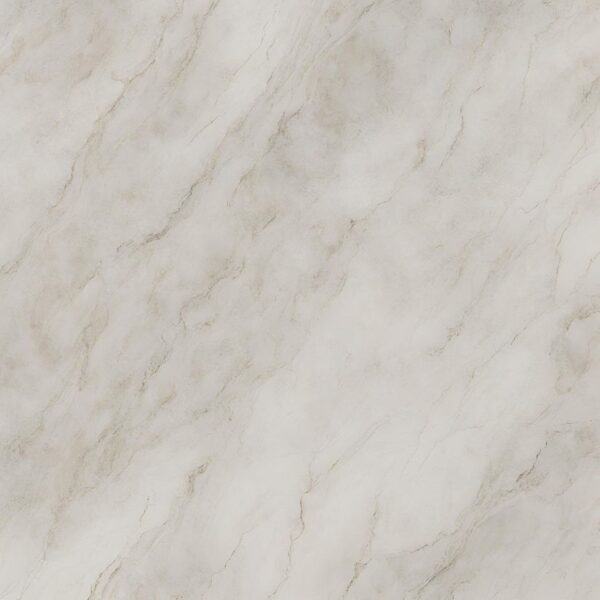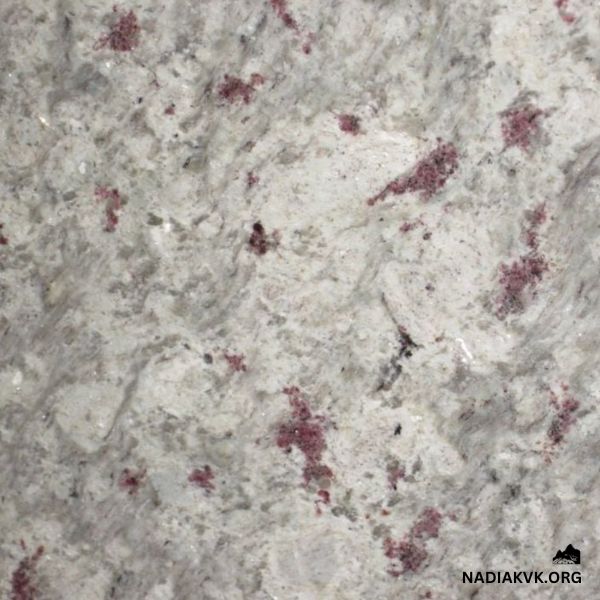Many homeowners are concerned about whether does granite stain and fade over time. The answer is yes, but the stain is usually harmless. Most granite stain are caused by acidic foods or drinks that come into contact with your countertop – common culprits include orange juice, tomato sauce, and coffee.
If you notice a spill, clean it up quickly using a mild dish soap to prevent staining. Granite is very easy to maintain if you seal the surface before it starts to wear out.
Understanding the Porosity of Natural Stone
Porosity of natural stone is an important factor to take into account when deciding which type of flooring or countertop material to choose. Because porosity affects the performance, durability, and maintenance of the stone product. Also It can help you make an informed decision.

There are types of porosity that exist in natural stone: Closed – Porous materials are composed largely of solid substances that are filled with air pockets or pores. If any acidic substance enters the countertop surface it cause a stain. Sealer is the best option to reduce the risk of staining.
Related: Stainless Steel Countertops
How to Remove Stains from Granite Countertops
The use of granite, a lovely natural stone, for kitchen countertops is growing more and more common because investing in it can be costly, but it will pay off in the long run.
The following are the steps to get granite stains out of countertops:
- Clean the surface of the countertop with a damp cloth or sponge.
- Rinse surface with water and dry it off with a dry cloth or paper towel.
- Apply a paste made of baking soda and water on the stained area and scrub it with a soft brush until you remove all of the stain.
- Rinse off any baking soda residue with water and dry it off again.
- Apply some mineral oil on your fingertips and rub it over the cleaned area to seal it in.
Read More: Black Galaxy Granite
How to Seal Granite
Sealant is a protective coating that can be applied to granite countertops to protect them. Because this coating will help the material resist stains, liquids, and scratches.
The most common sealant used on granite is polyaspartic or polyurethane. The most important thing to keep in mind when sealing granite is that after applying any sealant it needs time to cure before use.
Polyasparti
Polyasparti for granite is a new phenolic resin which has the ability to repair, seal and protect against environmental factors.
Also it can be used in many different industries including construction stone processing, flooring, signage, plastics and more. Because it is environmentally safe and provides excellent durability under extreme conditions.
Polyurethane
As a stone surface, granite is extremely hard and durable. However, granite is also porous which can make it difficult to clean and maintain over time.
Polyurethane sealant is a synthetic coating that can be applied to the top of the stone to protect the surface against wear and abrasion from household chores. It can create a barrier so spills do not penetrate it or dirt from being ground into the pores.
Related: Quartz Vs Granite
Water Can Stain Granite
Sometimes, people will tell you that water cannot stain granite however, this is not entirely true. Granite is susceptible to staining when there are acidic components in the water such as acids from fruits and vegetables, wine, coffee, etc.
These substances can also cause scratch marks on the surface of the granite if left on for prolonged periods of time.
How Can You Avoid Stains
If you just purchased a granite countertop, you may be wondering how to keep it clean and avoid those pesky stains, here are several tricks that will help you maintain the beauty of your brand-new countertop.
Invest in a granite shield sealer to help protect it from staining and discoloration. Also clean up spills as soon as possible and don’t use any abrasive cleaners on your granite counters.
Read More: Blue Bahia Granite








